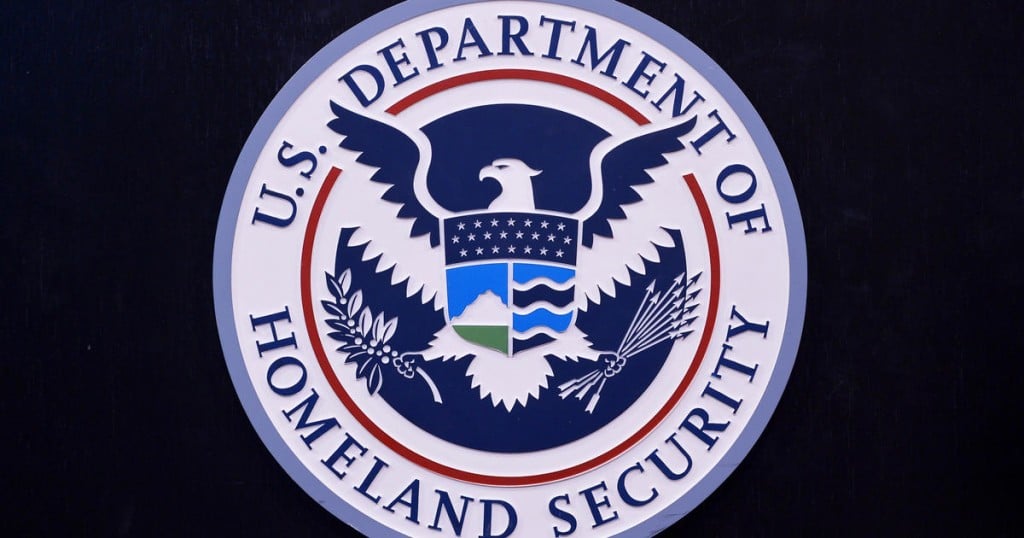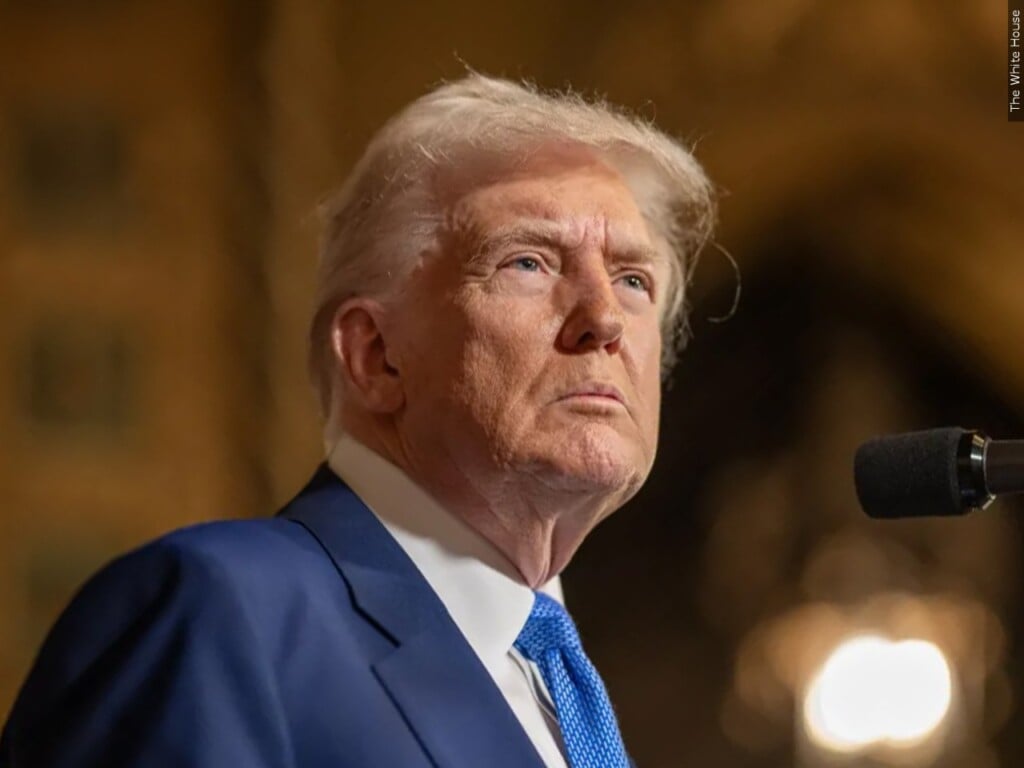Supreme Court lets Trump administration end use of “X” gender marker on passports
Washington — The Supreme Court on Thursday allowed the Trump administration to enforce for now its policy ending the use of the “X” marker on passports and requiring the documents to reflect the passport-holder’s “biological sex at birth.”
The high court agreed to freeze a lower court order that stopped the State Department from enforcing the policy put into place by President Trump earlier this year. The injunction allowed transgender or nonbinary people seeking passports to self-select the sex designation — “M,” “F” or “X” — that aligns with their gender identity.
The Supreme Court appeared to split 6-3 in the decision, with the three liberal justices in dissent.
“Displaying passport holders’ sex at birth no more offends equal protection principles than displaying their country of birth — in both cases, the Government is merely attesting to a historical fact without subjecting anyone to differential treatment,” the court said in an unsigned decision. “And on this record, respondents have failed to establish that the Government’s choice to display biological sex ‘lack[s] any purpose other than a bare . . . desire to harm a politically unpopular group.'”
The court said in its order that the Trump administration is likely to succeed on the merits of the case, and wrote that the district court’s decision to provide broad relief blocks enforcement of an executive branch policy “with foreign affairs implications concerning a Government document.”
The Trump administration had argued that the district court in Massachusetts interfered with the president’s exercise of his foreign policy powers with its June ruling. It also said it has been the government’s policy since 1977 — with the exception of during the Biden administration — to not allow passport applicants to self-select their preferred sex designation.
“Private citizens cannot force the government to use inaccurate sex designations on identification documents that fail to reflect the person’s biological sex — especially not on identification documents that are government property and an exercise of the President’s constitutional and statutory power to communicate with foreign governments,” Solicitor General D. John Sauer wrote in a filing with the Supreme Court.
Mr. Trump’s directive reversed a policy adopted by the Biden administration that let passport applicants choose their sex marker on the document based on their gender identity and added the “X” marker as an option for those who are nonbinary or don’t identify as strictly male or female.
The president’s measure defined “sex” as an “individual’s immutable biological classification as either male or female.” It directed the State Department to require that government-issued documents like passports “accurately reflect the holder’s sex,” effectively stopping applicants from choosing a sex marker based on their gender identity.
On the heels of Mr. Trump’s directive, the State Department stopped issuing passports with the “X” marker and changed applications to offer only the “M” or “F” designations. It also adopted procedures for using an applicant’s sex that matches their birth certificate or other documents.
Seven transgender and nonbinary people sued the administration in February over the new passport policy, alleging that the change was unconstitutional and violated federal law. They sought a court order that required the State Department to reinstate the Biden administration’s policy and allow them to self-attest as to their sex, including by selecting the “X” marker.
U.S. District Judge Julia Kobick issued a temporary order in April siding with the plaintiffs, finding in part that the State Department “failed to offer a reasoned explanation” for the new passport policy. Kobick, appointed by President Joe Biden, also ruled that Mr. Trump’s executive order and passport policy were motivated by animus toward transgender people and discriminates based on sex.
“Viewed as a whole, the language of the Executive Order is candid in its rejection of the identity of an entire group — transgender Americans — who have always existed and have long been recognized in, among other fields, law and the medical profession,” Kobick wrote in her decision.
In June, she extended her preliminary injunction to cover members of a certified class who would seek a new passport that reflected a sex designation aligning with their gender identity or wanted a passport with the “X” designation.
Kobick required the Trump administration to allow those passport applicants to self-select a sex marker — including the “X” designation — that corresponds with their gender identity.
The Trump administration appealed the decision and sought emergency relief allowing it to enforce its new policy. The U.S. Court of Appeals for the 1st Circuit rejected the administration’s request.
In seeking emergency relief from the Supreme Court, Sauer argued the passport policy is “eminently lawful.” He wrote that the injunction issued by the Boston judge blocking the plan’s enforcement compels the Trump administration to “speak to foreign governments in contravention of both the President’s foreign policy and scientific reality.”
“The question is whether the Constitution requires the government to adopt respondents’ preferred definition of sex. It does not,” Sauer wrote, adding that the passport policy defines sex in terms of biology, not self-identification.
Lawyers for the plaintiffs, however, said the State Department has for decades allowed changes to passport sex markers to align with the applicant’s gender identity.
“By classifying people based on sex assigned at birth and exclusively issuing sex markers on passports based on that sex classification, the State Department deprives Plaintiffs of a usable identification document and the ability to travel safely,” they wrote in a Supreme Court filing.





